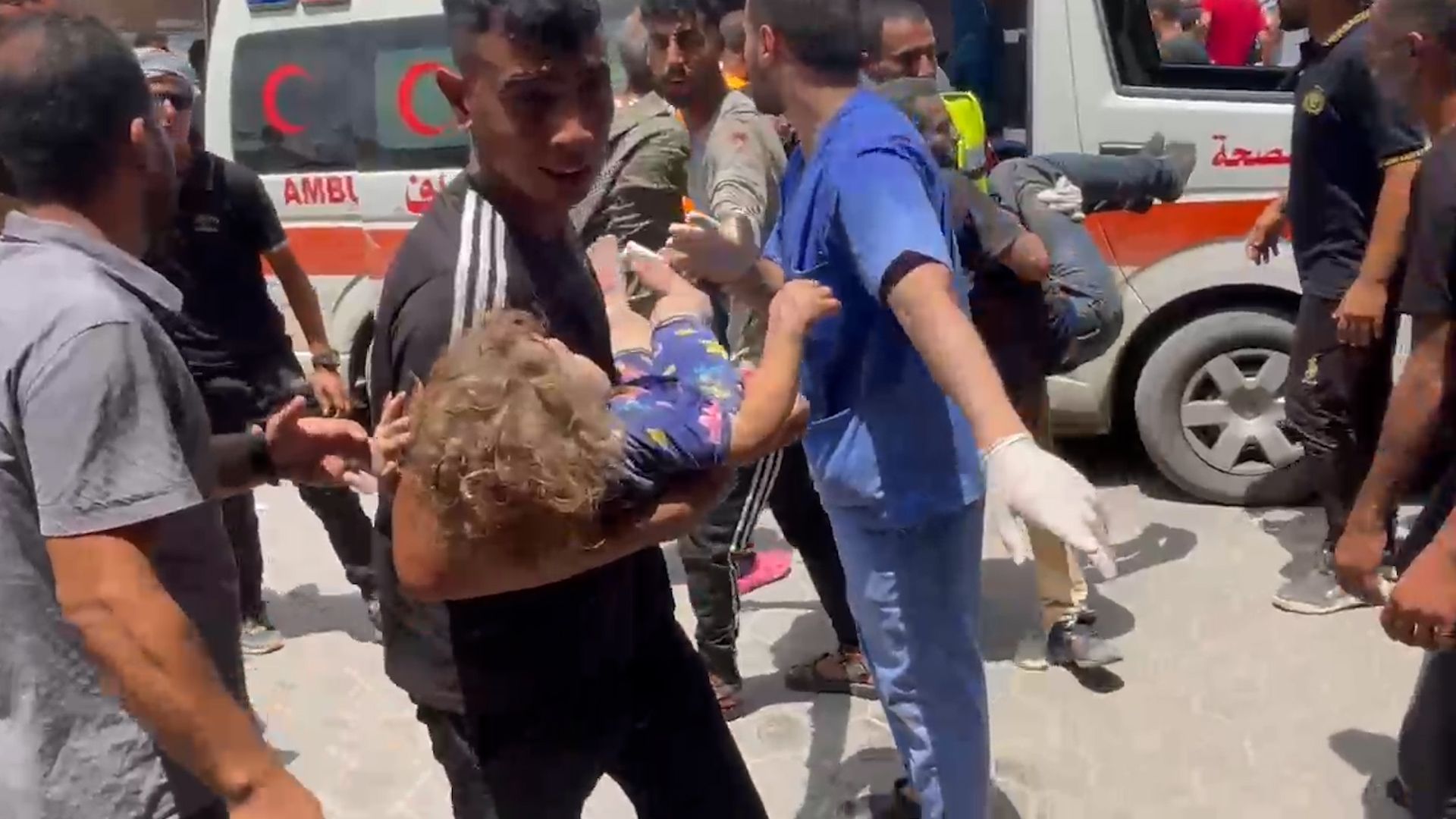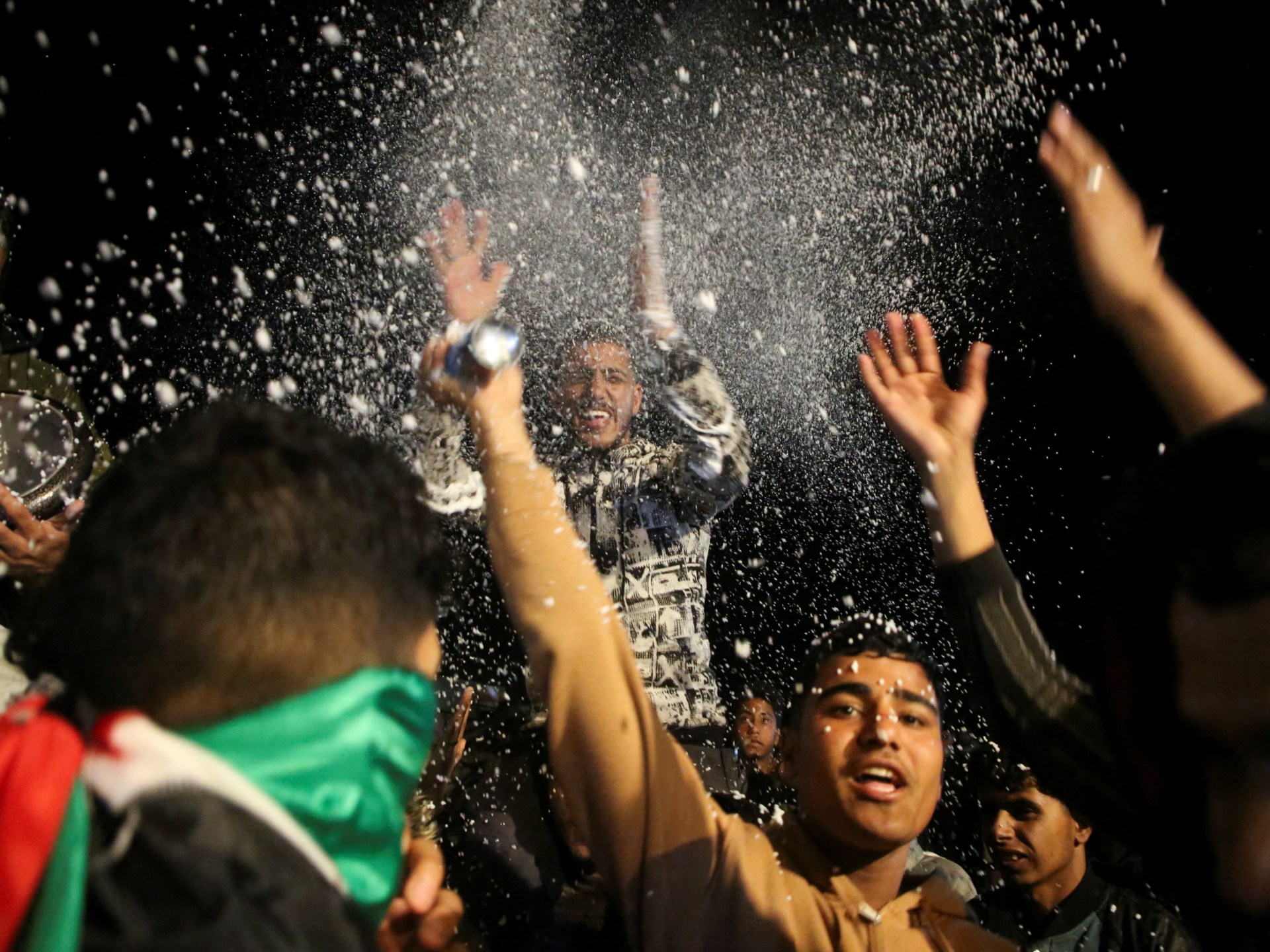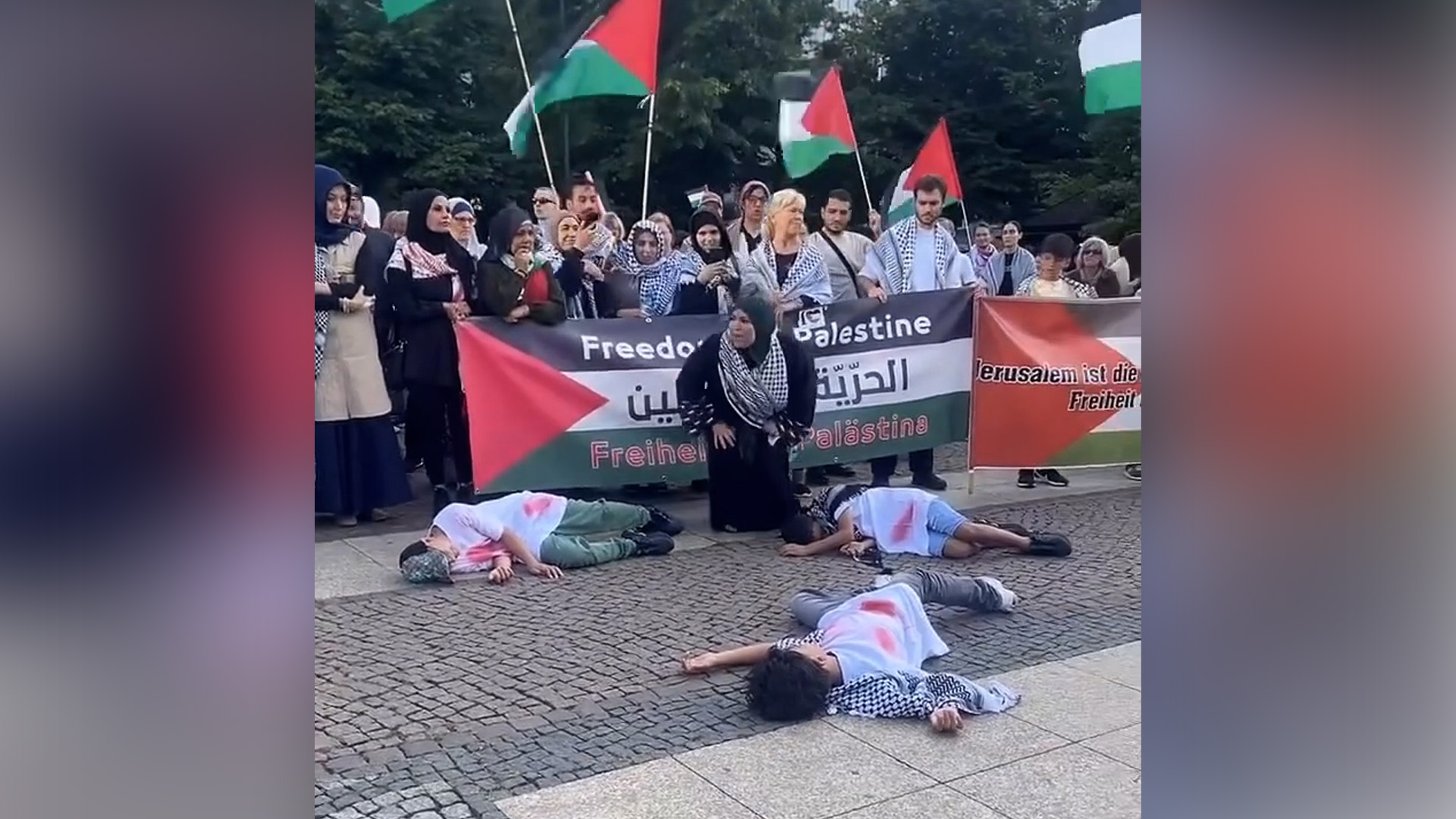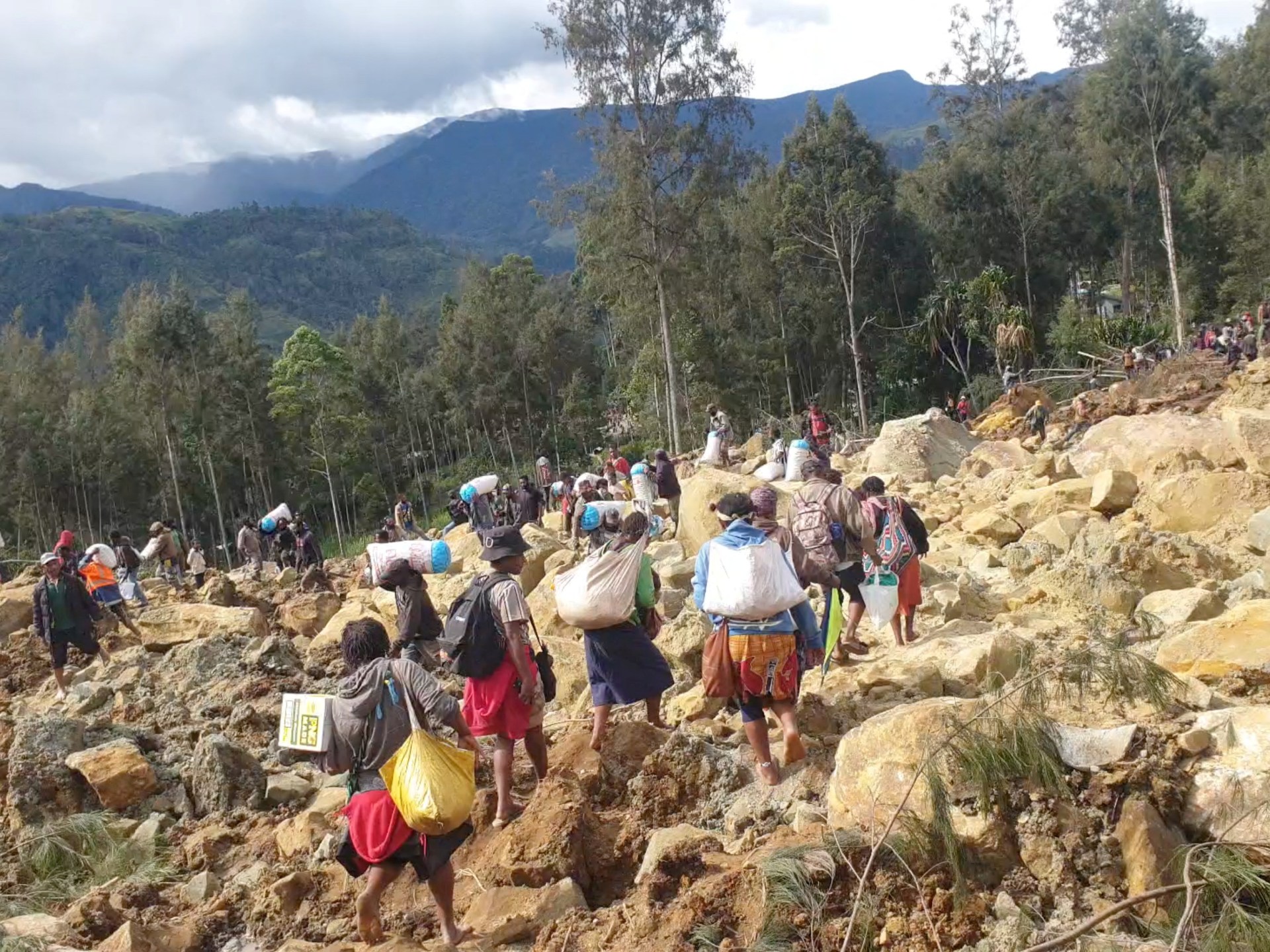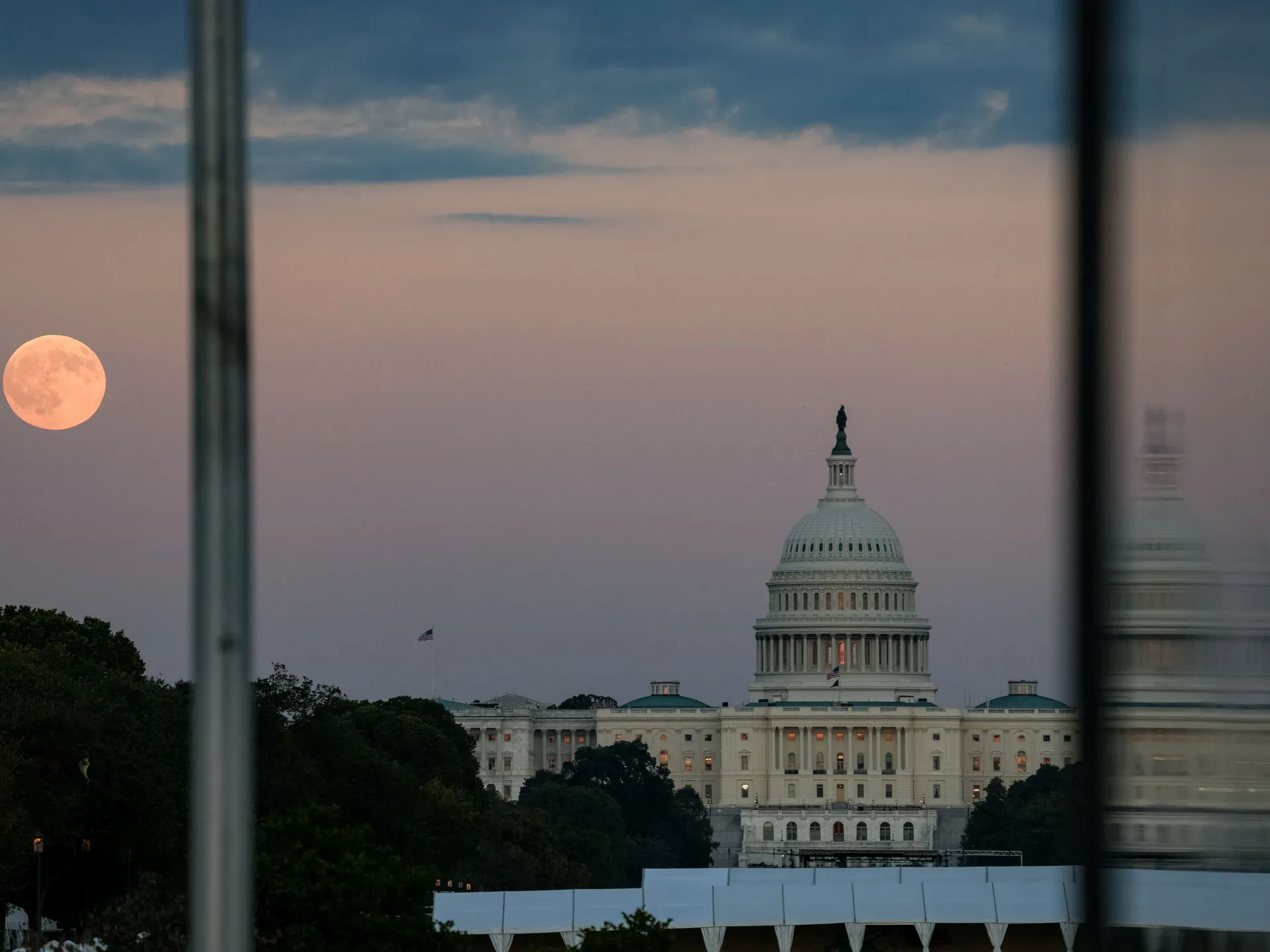Deir el-Balah, Gaza – Yesterday was anything but ordinary.
It felt like descending into the depths of hell, the war returning to its brutality and intensity as the world erupted into chaos, engulfed in flames, bombings and bombings.
The night before, relentless artillery fire continued throughout central Gaza, from eastern Bureij and Deir el-Balah to Maghazi.
Around 11am, I was having breakfast with my children before heading to Al-Aqsa Martyrs Hospital to work on my stories when suddenly everything turned upside down.
Artillery bombardment intensified, fighter jets filled the skies, and airstrikes shook our home; They were shooting at houses in Deir el-Balah, around us.
The roar of tanks firing was accompanied by incessant shelling and helicopters, quadcopters and drones flying overhead.
Fear took over us. Should we flee or take refuge at home?
The news said something was happening in Nuseirat, but the bombing was all around us. Then, a loud bang hit a house right next to Al-Aqsa Hospital. Then we learned that the Israeli army had ordered the evacuation of the hospital.
It was crazy. At that moment, I thanked God that I wasn't in the hospital, but I could feel the terror that was probably unfolding there.
The hospital, packed with displaced families and makeshift media tents, was the only medical facility in central Gaza and was treating a staggering number of victims.
What fate awaited these people?
Within moments, hundreds of displaced people began fleeing the hospital in panic, their faces scarred by fear, wandering aimlessly through the streets of Deir el-Balah.
Amid the chaos, screams and shouts filled the air, a collective question: “Where do we go from here?”
The reality was grim and conflicting reports clouded the situation. Some reported a ground raid in Nuseirat, others said a specialized unit stormed a house near Nuseirat market. Shelling, shooting, and frantic air and artillery bombardment continued.
In our house, amid a palpable sense of alarm, nerves were frayed as we tried to process the avalanche of events. I tried to contact other journalists who had evacuated the hospital, but to no avail.
At one point, I realized they might launch a ground operation, so I started packing the essentials into a bag.
My brother, who had left for Egypt two months earlier, called, interrupting the chaos. Concern was recorded in his voice when he asked about our safety, warning against leaving because the streets were full of displaced people and bombs.
The incessant shelling and shooting persisted for about two hours. Reports then emerged from Israeli media attributing the chaos to a military operation to free four Israelis taken captive on October 7.
There were moments of silence and hesitation as the situation calmed down and the shelling and shooting stopped. Then we began to see scenes of dead and wounded arriving at hospitals.
People documented the victims who fell in the bombing of the market and houses. Dismembered body parts of children and corpses of people littered along the path the tanks took to leave. The terror, chaos and massive casualties inflicted by Israel to free its captives.
Initially, official figures amounted to 50 civilians killed in the operation, but they progressively increased to 226 and then to 274, as confirmed by the Government Media Office.
The agonizing questions began: Is Palestinian blood so expendable? More than 200 dead in less than two hours to free only four Israeli captives?
A heaviness took over my heart. Frustration and deep sadness washed over me as I watched the tragedies of those who survived the ordeal, dealing with the consequences of their trauma.
Communications were down. I was unable to contact several family members and friends displaced from Rafah to Nuseirat. My husband received a call: her uncle's wife and cousin had been murdered.
My efforts to check on my friends yielded no answers until, hours later, I found their social media posts detailing the horrors they endured.
أنا تعبانة كتير. مش قادرة أصدق اللي عشته اليوم. الساعة 11 كنا قاعدين جنب أنا ويامن وفجأة الأباتشي كان فوق وصارت تضرب قنابل حراريّة وبعدين ص حيّ ع الناس في البحر والخيم. 1 اس وكأنه يوم الحشر. بالعافية…
— وين نروح؟ (@NourGaza) June 8, 2024
Each survivor recounts a miraculous salvation from death. My friend Nour, a UNRWA professor and mother of three, shared on X: “I can't believe what I experienced today. At 11 we were next to the store, Yamen and I, and suddenly the Apache was above our heads and started shooting bombs and bullets at the people in the sea and at the stores… We started running… as if out the day. of Judgment.”
Islam, my friend who follows her family news from Malaysia, was told what happened by her sister. She wrote in everywhere… God is enough. for us, and He is the best arranger of affairs, O Mighty One of heaven, avenge us and heal our breasts. #Loop'”
The story is the same for all of us. We witness what happened: chaos, hell, screams, terror, relentless bombings, shooting, exodus and death at every step.
In the midst of these thoughts, I was interrupted by my daughter Baniyas, who lived every moment with tears in her eyes, asking incessantly: “Mom, will they reach Deir el-Balah? Are those sounds very far away?
أختي نازحة في منطقة المشهد بعد تمكنها من “معنا قبل قليل تقول لنا من خفض جداً، طائرات خاصة أمام أعيننا تُنزل قوات خاصة، قصف جوي وبري وبحري من كل…
— إسلام الهبيل (@islamelhabil) June 8, 2024
I can only reassure her: “Don't be afraid, mom. Fear is engraved in us; what awaits us?”
The most worrying aspect of a massacre may be its representation in the media. Images of freed Israeli captives circulated, statements praised Israel's success in freeing four people, but what about the 274 people killed?
Are we mere numbers? Is our blood so easily ignored? Is our suffering overlooked? Are the lives of Israeli captives considered more valuable than our own? Why doesn't the world see us? Why doesn't the world feel?
We have been victims again and again of war, and doubly of neglect, oppression and indifference.
Just two days ago it was announced that the United States' floating dock would be repaired and its negligible aid restored. However, his trucks were used to carry out a massacre in Nuseirat to liberate the Israelis.
Why does the world allow this?

Is there a concerted effort to eradicate us? We have never placed our trust in the role of the United States and we never will. But how shameless can they be?
We face hunger, bombings and daily war, only the aid trucks that pass through a corridor meant to help us are used to ambush us and rescue Israeli captives.
The world is rushing to protect Israel, to turn against us, to conspire at our expense. Our blood, our pain, our tragedies: they all dance on them.
They label us terrorists every minute while they murder, without obstacles.
Gaza will not forget or forgive.
Words, reports and statistics are useless. There's no point in talking.
Every night, after each massacre, I retreat to my mattress in our overcrowded house for displaced people. I hug my son tightly and implore God to wrap us in his mercy, to avoid more pain.
We mourn, O Lord, the betrayal of the world, the silence of our brothers, and the pressure of our allies against us.
We will not forgive; We will not forget.

